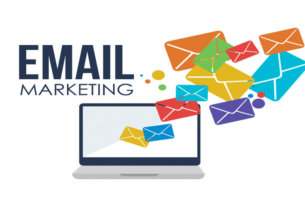When you start a business, your budget needs to play a fundamental part in your plan. The budget is a foundation for your future success so it needs to cover a lot of ground. What areas do you need to be exploring when planning a budget for your new business?
Fixed Costs
Firstly, you’ll want to examine your fixed costs. These are things you will have to pay regularly and they won’t be impacted by the profit of your company. Common examples of fixed costs are rent, utilities, employees health insurance, and office supplies. You should also think about what you need to spend in order to start your business in the first place – such as permits and licences.
Variable Expenses
Next up are the expenses that will fluctuate throughout the fiscal year, for example, marketing campaigns or replacing old equipment. You need to weigh up whether these extra costs will help your business. An example of this would be opting for indoor or outdoor signage, which will allow your business to stand out from the crowd but won’t need replacing all the time. This type of sign has proven particularly useful during the Covid pandemic as you clearly direct people where to go/stand for social distancing, making it a great example of a variable expense.
Unexpected Costs
As cliché as it sounds, it’s vital for any business to prepare for the unexpected. So you need to plan a contingency fund within your budget. You may feel like the money is sitting there and not doing anything, but when an unexpected expense occurs you’ll thank yourself. You can pay the money straight away and fix the emergency quickly. Plus, you won’t have to take away funding from other areas of your business.
Revenue
A smart budget is all about looking at what comes in versus what goes out. For all of the points mentioned above, you can figure out how much you can spend on them by seeing how much is coming into your new business ideas. During its fledgeling months, it will be hard to gauge of a regular pattern, but soon you should be able to predict your monthly sales and adjust your budget accordingly.
Keep it Updated
You need to ensure you’re always keeping the budget up to date. Once you’re able to start predicting your business’s incomings and outgoings you can start forecasting sales and costs, so you can confidently work out what you’ll need to spend on supplies and marketing. Check out what your competition is doing and ask whether you need to change your product costs. It’s also important to note your fixed costs might go up, or down, each year so be sure to adapt your budget if needed.
Starting out on a new business venture can be daunting, but for all the challenges you face, there are equally just as many rewards you can reap. Do you have any budgeting tips for a new business?


